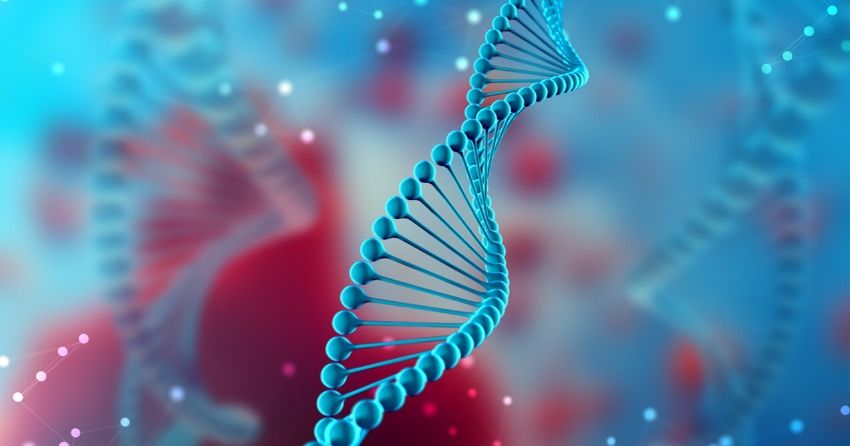Study Finds DNA Is Not a Great Predictor of Disease Risk

-
A large study found that for most diseases, genetics only play a 5% role in the risk of developing them.
-
The majority of risk of developing certain diseases comes from environment, diet and lifestyle, metabolism, and exposure to bacteria or viruses.
-
Some diseases contribute much more genetically, including Crohn's disease, celiac disease, and macular degeneration, in which DNA contributes 40-50% of the risk.
This article was posted on University of Alberta Science News:
In most cases, your genes have less than five per cent to do with your risk of developing a particular disease, according to new research by University of Alberta scientists.
In the largest meta-analysis ever conducted, scientists have examined two decades of data from studies that examine the relationships between common gene mutations, also known as single nucleotide polymorphisms (SNPs), and different diseases and conditions. And the results show that the links between most human diseases and genetics are shaky at best.
“Simply put, DNA is not your destiny, and SNPs are duds for disease prediction,” said David Wishart, professor in the University of Alberta’s Department of Biological Sciences, Department of Computing Science, and Department of Laboratory Medicine and Pathology, and co-author on the study. “The vast majority of diseases, including many cancers, diabetes, and Alzheimer’s disease, have a genetic contribution of 5 to 10 per cent at best.”
The study also highlights some notable exceptions, including Crohn’s disease, celiac disease, and macular degeneration, which have a genetic contribution of approximately 40 to 50 per cent.
“Despite these rare exceptions, it is becoming increasingly clear that the risks for getting most diseases arise from your metabolism, your environment, your lifestyle, or your exposure to various kinds of nutrients, chemicals, bacteria, or viruses,” explained Wishart.
Wishart and his research collaborators suggest that measuring metabolites, chemicals, proteins, or the microbiome provides a much more accurate measure of human disease risk and are also more accurate for diagnosis. The findings fly in the face of many modern gene testing businesses models, which suggest that gene testing can accurately predict someone’s risk for disease.
“The bottom line is that if you want to have an accurate measure of your health, your propensity for disease or what you can do about it, it's better to measure your metabolites, your microbes or your proteins—not your genes,” added Wishart. “This research also highlights the need to understand our environment and the safety or quality of our food, air, and water.”





